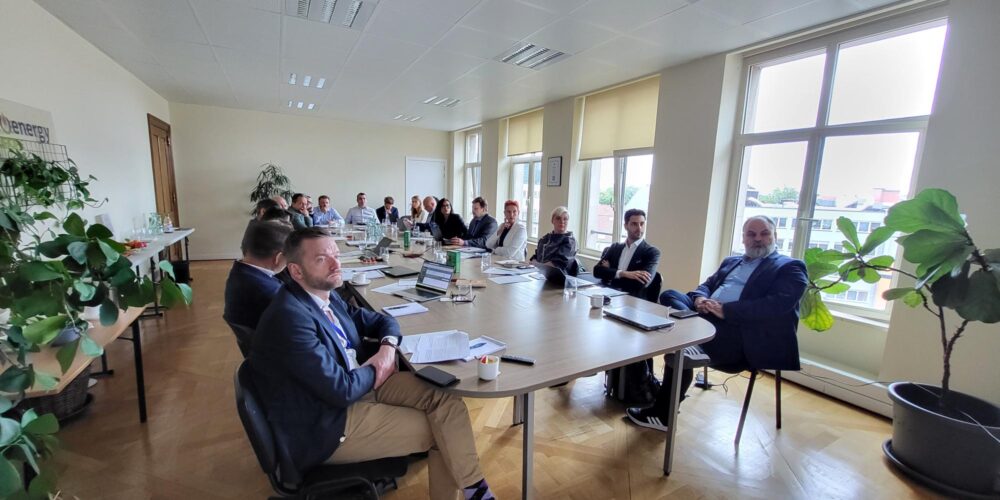
On 5 June, Bioenergy Europe convened key stakeholders from the European Commission and the bioenergy sector for a high-level dialogue on the role of bioheat in the upcoming Heating & Cooling Strategy. The discussion centered on how sustainable biomass can provide affordable, secure, and low-carbon heating across both residential and industrial sectors.
Opening the event, Irene di Padua, Policy Director at Bioenergy Europe, stressed the urgent need to phase out fossil fuels and modernise Europe’s outdated heating systems with renewable solutions like sustainable bioenergy. She underlined the importance of mobilising both public and private investment and highlighted how combining bioenergy with electrification could strengthen energy system resilience. Importantly, she noted, bioenergy can also help tackle energy poverty by delivering reliable, low-cost heating especially in rural and vulnerable areas.
This message was reinforced by Bioenergy Europe’s President Christophe Pfemeter, who presented Austria’s residential heating sector. He emphasized the central role of buildings in national energy consumption and the significant emissions reduction potential of wood-based energy. With fossil fuels still causing 75% of heating-related emissions, modern biomass systems were shown to be a clean, scalable, and socially accepted alternative.
Finland’s transition was presented by Vice President Hannes Tuohiniitty, who outlined the country’s shift away from Russian gas towards domestic renewables like wind, nuclear, and especially bioheat. While biomass use in district heating may slightly decline by 2030 due to emerging technologies, bioenergy remains key for reducing fossil reliance and strengthening energy independence.
The presentations were followed by a dynamic discussion on the role of bioenergy and carbon removals, also in the context of the broader bioeconomy. The issue of mobilisation and better use of local resources was also addressed.
Finally, Gustav Melin, CEO of BK Tech, explored how biogenic carbon can substitute fossil carbon in industry, particularly in steam and heat processes. He showcased the large untapped biomass potential in Europe and the rise of new biocarbon and bio-coal facilities. With carbon prices set to increase under ETS2, Melin emphasized that technologies like multi-fuel burners and reliable pellet supplies offer a viable and sustainable path to industrial decarbonization.





